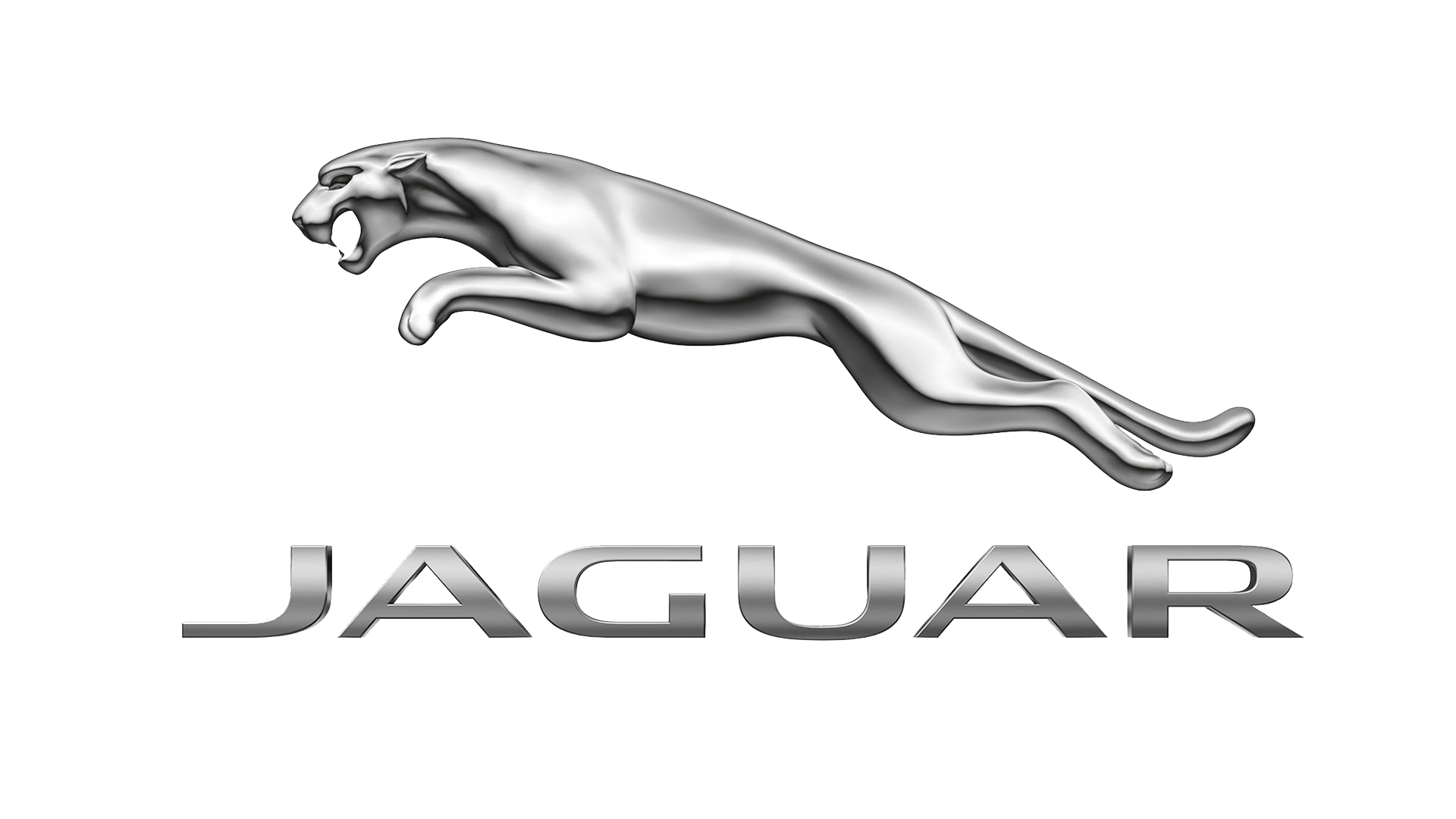There is nothing more luxurious than the Toyota Allion, a luxury sedan that combines comfort, reliability, and a hint of luxury.This car, designed and sold primarily in Japan, has become a popular choice for those who seek a reliable, fuel-efficient vehicle that doesn't compromise on style or performance. Whether you're considering buying a Toyota Allion for your family, commuting, or as a stylish upgrade, this guide will help you understand everything about the car, its features, pros and cons, pricing, and how it compares to similar models.
Read more : Why you Chosse mazda
Toyota Allion Review: Pros and Cons
History of Toyota Allion
The Toyota Allion is a compact sedan that was first introduced by Toyota in 2001. It was designed primarily for the Japanese market as a more premium alternative to the Toyota Premio, another sedan model by the brand. The Allion was produced with a focus on comfort, quality, and advanced features, aiming to cater to the needs of middle-class Japanese families looking for a reliable and affordable vehicle. Over the years, the Allion has gone through various updates in terms of design, technology, and performance, maintaining its popularity in Japan while also gaining attention in other markets for its smooth ride and fuel efficiency.
2006 Toyota Allion
The 2006 Toyota Allion marked the second generation of this sedan. The model retained the same general layout and design as the original but introduced more modern features, including enhanced safety systems, improved fuel efficiency, and better interior quality. In 2006, the Allion was offered in different engine options, typically a 1.5L or 1.8L engine, providing customers with a choice of performance levels. The car's exterior saw subtle changes, with more streamlined lines and a sleeker look compared to the earlier model.
2011 Toyota Allion
The 2011 Toyota Allion came with a refreshed design and new technology features. This version focused on improving both the aesthetics and the performance of the car. The exterior was slightly modified with new headlights, bumpers, and rear lights. Inside, the 2011 Allion offered a more premium feel, with higher-quality materials and updated infotainment options. Toyota also introduced better fuel efficiency and safety features, aligning with the growing demand for eco-friendly and safer vehicles. The car was now more competitive in the compact sedan market.
2012 Toyota Allion
In 2012, Toyota made slight updates to the Allion, focusing on minor design tweaks and enhancements in safety and technology. The model continued to offer a choice of 1.5L and 1.8L engines, with an emphasis on delivering better fuel economy. The car's interior remained comfortable and spacious, while the exterior design stayed modern and sleek. The 2012 Allion continued to be a popular choice for those looking for a well-rounded, practical, and affordable compact sedan.
2013 Toyota Allion
The 2013 Toyota Allion further refined the vehicle’s design, with more emphasis on fuel efficiency and a quieter cabin. The 1.8L engine variant became more popular due to its balance of power and economy. Toyota also focused on providing better infotainment options and making the car more connected with modern technology. The exterior design of the 2013 Allion saw subtle tweaks to improve aerodynamics and overall aesthetics. This model year continued to feature excellent comfort and advanced safety systems, keeping it competitive in the compact sedan segment.
2017 Toyota Allion
The 2017 Toyota Allion was a significant update, featuring a completely new design language and more cutting-edge technology. The exterior of the car received a more dynamic, angular look, reflecting Toyota's shift toward more modern and sporty designs. The 1.5L and 1.8L engine options continued, but improvements were made in engine efficiency and emissions. Inside, the car became even more refined, with a more premium feel high-quality materials and advanced infotainment options, including a touchscreen and better connectivity.
2018 Toyota Allion
The 2018 Toyota Allion continued with the design and technology upgrades introduced in 2017. This model focused on offering a smooth and quiet ride while keeping the car's driving dynamics sharp. Toyota enhanced the Allion's safety features further, integrating even more driver-assist technologies to help prevent accidents. The vehicle's interior continued to be spacious and comfortable, featuring updated technology and better fuel efficiency. The 2018 Allion became a reliable option for customers seeking a practical sedan with a blend of modern technology and classic Toyota reliability.
2022 Toyota Allion
The 2022 Toyota Allion carried forward many of the innovations from previous years while introducing new technologies and design features. The exterior saw slight updates, including sharper lines and a more aggressive front end. Inside, Toyota continued to push the envelope with tech, offering better connectivity options, improved climate control systems, and more luxurious materials. The 2022 Allion continued to perform well in terms of fuel efficiency and handling, with Toyota also improving the suspension and ride comfort. Safety features remained a key focus, with advanced options like parking assist and more responsive braking systems.
2023 Toyota Allion
As of 2023, the Toyota Allion remained a solid contender in the compact sedan segment, offering a balanced package of performance, comfort, and technology. While the design and technology continued to evolve, the core appeal of the Allion—affordability, reliability, and fuel efficiency—remained unchanged. The 2023 model focused on refining the driving experience, improving both safety and eco-friendliness. With Toyota's continued commitment to hybrid technology, it is expected that future Allion models will integrate even more hybrid variants, offering an even more eco-conscious choice to buyers.
Pros:
- Fuel Efficiency and Performance: The Toyota Allion comes equipped with engine options that include a 1.5-liter, 1.8-liter, and 2.0-liter engine. Fuel efficiency and power are balanced in these engines, making them an ideal choice for both city and highway driving.
- Luxurious Interior: A spacious, well-designed interior offers high-quality materials and comfortable seating. Premium features include leather seats, climate control, and advanced infotainment systems.
- Smooth Ride and Handling: its Continuously Variable Transmission (CVT) and well-tuned suspension, the Toyota Allion delivers a smooth and comfortable ride.
Cons:
- Limited Availability Outside Japan: The Allion is primarily designed for the Japanese market, which makes it harder to find in some regions. Buyers outside Japan may have to rely on imported or used cars, which can lead to higher prices.
- Lacks Advanced Safety Features Compared to Newer Models: While the Allion is equipped with basic safety features like airbags and Anti-lock Braking System (ABS), it doesn’t have the advanced safety tech found in newer sedans, such as lane departure warning or adaptive cruise control.
- Resale Value Can Be Lower: Due to limited recognition outside Japan, the resale value of the Toyota Allion may not be as strong compared to more globally recognized models like the Toyota Corolla or Camry.
Specifications of Toyota Allion
The Toyota Allion is available in multiple engine configurations, providing buyers with options based on their preferences for power and fuel economy.
- Engine Options:
- 1.5-liter DOHC VVT-i engine (109 horsepower)
- 1.8-liter DOHC VVT-i engine (132 horsepower)
- 2.0-liter DOHC VVT-i engine (152 horsepower)
- Transmission: Continuously Variable Transmission (CVT) with an automatic gearbox, ensuring a smooth and fuel-efficient ride.
- Fuel Economy:
- 1.5L engine: 18 km/liter
- 1.8L engine: 16.4 km/liter
- 2.0L engine: 15.2 km/liter
- Dimensions:
- Length: 4,560 mm
- Width: 1,695 mm
- Height: 1,475 mm
- Wheelbase: 2,700 mm
- Interior Features:
- Leather seats, optional sunroof, advanced audio system, and dual-zone climate control.
Toyota Allion Price Analysis
Depending on the model year, condition, and location, the Toyota Allion sells for varying prices. Listed below are general price ranges for different markets:
- Japan: New models range between $20,000 - $25,000 USD. For used models, the price starts as low as $10,000 USD.
- Bangladesh: Due to import duties and taxes, the price for a new Toyota Allion can go up to $35,000 - $40,000 USD. Used models are available starting from $15,000 USD.
- Other Markets: In countries like Kenya and Sri Lanka, the Allion is a popular used car option with prices ranging between $8,000 - $20,000 USD depending on the year and mileage.
Safety Features of Toyota Allion Compared to Other Sedans
There are a number of basic safety features available on the Toyota Allion, including:
- Airbags are available for both the driver and the front passenger.
- Anti-lock Braking System (ABS) to improve control when braking suddenly.
- Vehicle Stability Control (VSC) to maintain stability in slippery conditions.
- Child Safety Locks and ISOFIX anchor points for child seats.
Compared to other sedans like the Toyota Premio or the Honda Accord, the Allion lacks advanced safety features like lane departure warning, adaptive cruise control, and collision avoidance systems. However, its solid build quality and reliable braking systems provide adequate safety for everyday driving.
Toyota Allion vs Toyota Premio: A Detailed Comparison
The Toyota Allion and Toyota Premio are often considered twin models, as they share the same platform and many features. However, there are subtle differences that set them apart:
- Design and Aesthetics: The Allion has a sportier, more modern look with a focus on a younger audience, while the Premio leans towards a more conservative and elegant design.
- Interior Features: Both models offer similar interior features, but the Premio's interior is slightly more refined, with better materials and more luxurious options.
- Performance and Handling: The Allion and Premio have identical engine options, but the Allion’s suspension is tuned for a firmer ride, giving it a more responsive feel.
- Price: The Toyota Premio generally commands a slightly higher price due to its more upscale positioning. If budget is a concern, the Toyota Allion is the better choice without compromising too much on quality.
Is the Toyota Allion a Good Car?
Yes, the Toyota Allion is an excellent car for those looking for a reliable, fuel-efficient sedan with a touch of luxury. It’s known for its durability, smooth ride, and practical features. While it may lack some of the high-tech safety features of newer cars, it makes up for it with a solid build and proven performance.
What is the Price of Toyota Allion in Bangladesh?
The price of the Toyota Allion in Bangladesh varies based on factors like model year, condition, and engine size. On average, a new Allion can cost around $35,000 to $40,000 USD. Used models typically range from $15,000 to $25,000 USD depending on mileage and condition.
Which is Better: Allion vs Premio?
Choosing between the Toyota Allion and the Toyota Premio comes down to personal preference. If you want a sportier, more youthful design, the Allion is the better choice. If you prefer a more refined, luxury feel, the Premio is the way to go.
Conclusion
Toyota Allion features fuel-efficient performance, stylish design, and reliable performance. It’s a great option for young drivers or families looking for a vehicle that offers a balance between luxury and practicality. While it may not have the advanced safety features of newer models, its solid build and reputation for reliability make it a smart choice.





























